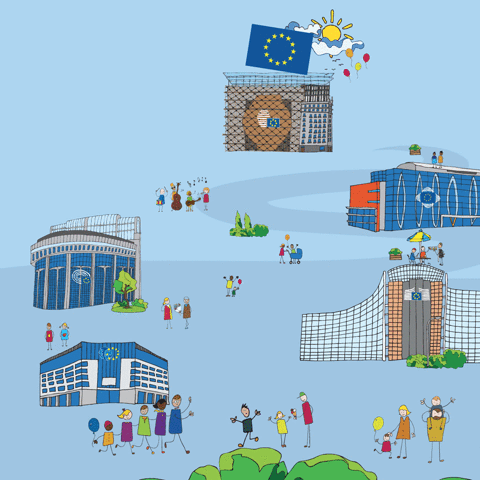Over half of ticket sales for American movies now come from other countries. But the industry sees billions lost to piracy. Transcript of radio broadcast. Source: VOA
This is the VOA Special English Economics Report.
This year, something happened at the Academy Awards that had not happened since nineteen sixty-four. All the winners for best acting were from outside the United States.
Daniel Day-Lewis and Tilda Swinton are British. He won best actor for "There Will Be Blood"; she won best supporting actress for "Michael Clayton." French actress Marion Cotillard won the Oscar for best actress for "La Vie en Rose." And Spain's Javier Bardem won best supporting actor in "No Country for Old Men."
Hollywood is increasingly looking outside America's borders for stars and profit.
Jonathan Taplin is a professor at the USC Annenberg School for Communication at the University of Southern California. He says that today, about fifty-four percent of the ticket sales for Hollywood studios now come from outside the United States.
For the last three months of two thousand seven, foreign sales totaled about eight hundred eighty million dollars. But there is fierce competition for each movie dollar.
Hollywood has lost market share in some places as other countries develop their own film industries. For example, in the mid-eighties, American films had eighty percent of the market in South Korea. Today that share is about forty percent.
Hollywood also faces competition from illegally copied movies, a major issue to the Motion Picture Association of America. The trade group estimated more than eighteen billion dollars in worldwide losses from piracy in two thousand five.
Hollywood reporter Alan Silverman says piracy has influenced how American movies are released. In the past, Hollywood studios waited months after the American release of a film to release it in foreign markets. Now, many aim to release films at the same time around the world.
Foreign markets may also influence how people get their movies. Different nations have different levels of technology.
Efforts to settle on the next-generation DVD got a lot of attention recently. Sony's Blu-ray technology for high-definition televisions won the competition with Toshiba's HD DVD format.
Yet DVD sales have dropped in recent years.
This may be a sign that people are increasingly getting their movies off the Internet. The Internet is another front in Hollywood's war on piracy. But more than that, it presents complex business questions for an industry now built mostly on DVD and ticket sales.
And that's the VOA Special English Economics Report, written by Mario Ritter. I'm Steve Ember.
Widget is loading comments...






